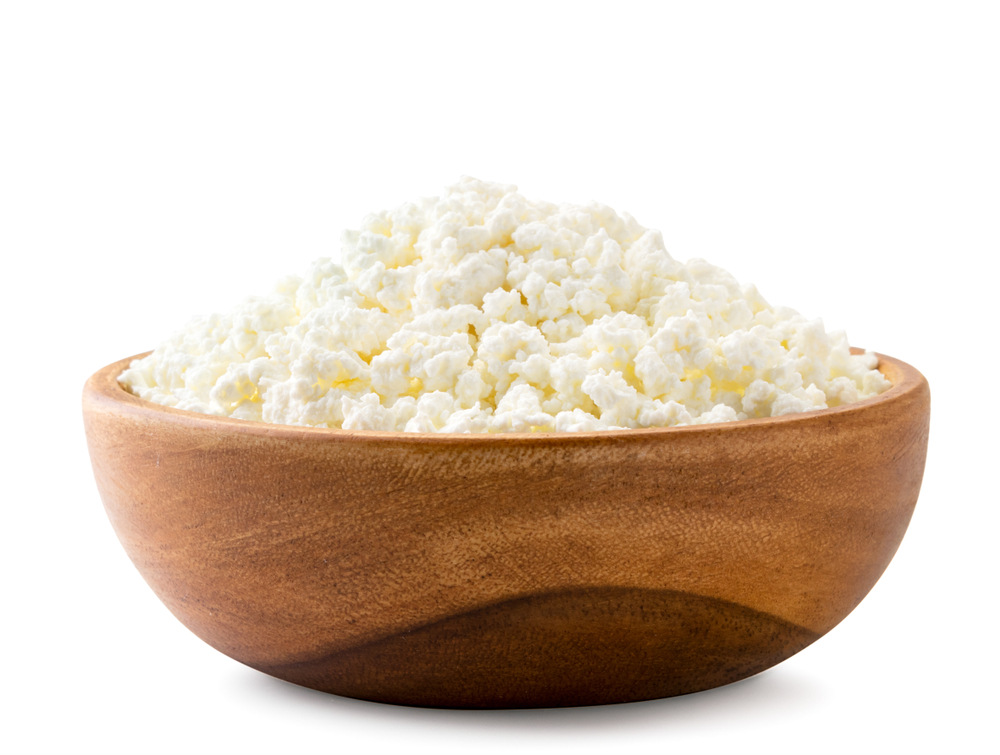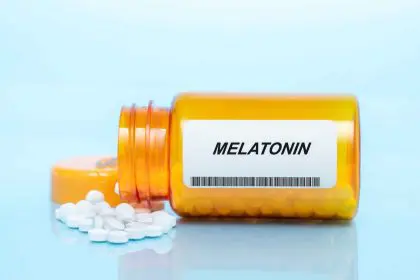Ever felt guilty about that slice of cheese before bed? Well, science might just be on your side. A groundbreaking study published in Sleep Medicine has revealed something that cheese lovers everywhere will want to hear about: regular cheese consumption might actually lower your risk of sleep apnea by a whopping 28%. This discovery is shaking up everything we thought we knew about late-night snacking and sleep health.
What sleep apnea really does to your body
- Sleep apnea affects around 30 million Americans, making it a serious health concern that’s more common than you might think. When you have sleep apnea, your breathing repeatedly stops and starts during sleep, which is about as scary as it sounds.
- Think one bad night’s sleep is no big deal? Think again. While a single night of interrupted sleep might just leave you grumpy and reaching for an extra coffee, chronic sleep deprivation from sleep apnea can lead to some serious health issues.
- Over time, this condition can send your blood pressure through the roof, make your heart work overtime, and even increase your risk of heart disease, stroke, and diabetes. It’s like your body is running a marathon every night instead of getting the rest it needs.
What researchers discovered
Scientists didn’t just randomly decide to study cheese. They analyzed data from more than 400,000 people using something called Mendelian randomization, which is basically a fancy way of looking at genetic information to figure out cause and effect. What they found was pretty amazing: cheese eaters had a significantly lower risk of developing sleep apnea.
But it gets even more interesting. The research team identified six specific biomarkers that cheese seems to influence directly. These biomarkers, including things like aspartate aminotransferase and diastolic blood pressure, might help explain why cheese could be beneficial for sleep health.
Why cheese might be your new sleep friend
Cheese is packed with good stuff your body needs. We’re talking high-quality proteins, calcium, and fatty acids that support overall health. Previous research has shown that cheese lovers tend to have lower blood pressure, which is great news since high blood pressure is a known risk factor for sleep apnea.
The catch? Like everything good in life, moderation is key. While cheese might help prevent sleep apnea, going overboard could lead to weight gain, which ironically is one of the biggest risk factors for developing sleep apnea in the first place.
The American Heart Association suggests sticking to about 1.5 ounces of hard cheese per serving, with no more than three servings daily. That’s roughly the size of three dice per serving. But not all cheese is created equal. While the study didn’t specify which types of cheese work best, choosing lower-fat options might help you reap the benefits without the extra calories.
Other ways to fight sleep apnea
While cheese might be helpful, it’s not a magical cure-all. The best approach to preventing sleep apnea involves several strategies:
- Maintain a healthy weight through balanced nutrition
- Include plenty of whole grains, fruits, and vegetables in your diet
- Stay active with regular exercise
- Avoid triggers like spicy foods and alcohol before bed
- Keep your nasal passages clear and healthy
What this means for your midnight snack
This research opens up exciting possibilities for sleep health, but it’s important to remember that cheese is just one piece of the puzzle. While you might not need to feel guilty about that bedtime cheese snack anymore, it’s still crucial to maintain a balanced diet and healthy lifestyle overall.
The connection between cheese and sleep apnea shows us just how complex and surprising the relationship between diet and health can be. While more research is needed to fully understand this connection, it’s refreshing to know that not all midnight snacks are bad for our health.
Remember, everyone’s body is different, and what works for one person might not work for another. If you’re concerned about sleep apnea, your best bet is to talk with a healthcare professional who can provide personalized advice based on your specific situation. They can help you develop a comprehensive strategy that might include cheese as part of a broader approach to better sleep health.
For now, you can rest a little easier knowing that your cheese craving might actually be doing you some good. Just remember to keep portions reasonable and make it part of an overall healthy lifestyle. Sweet dreams and happy snacking.














